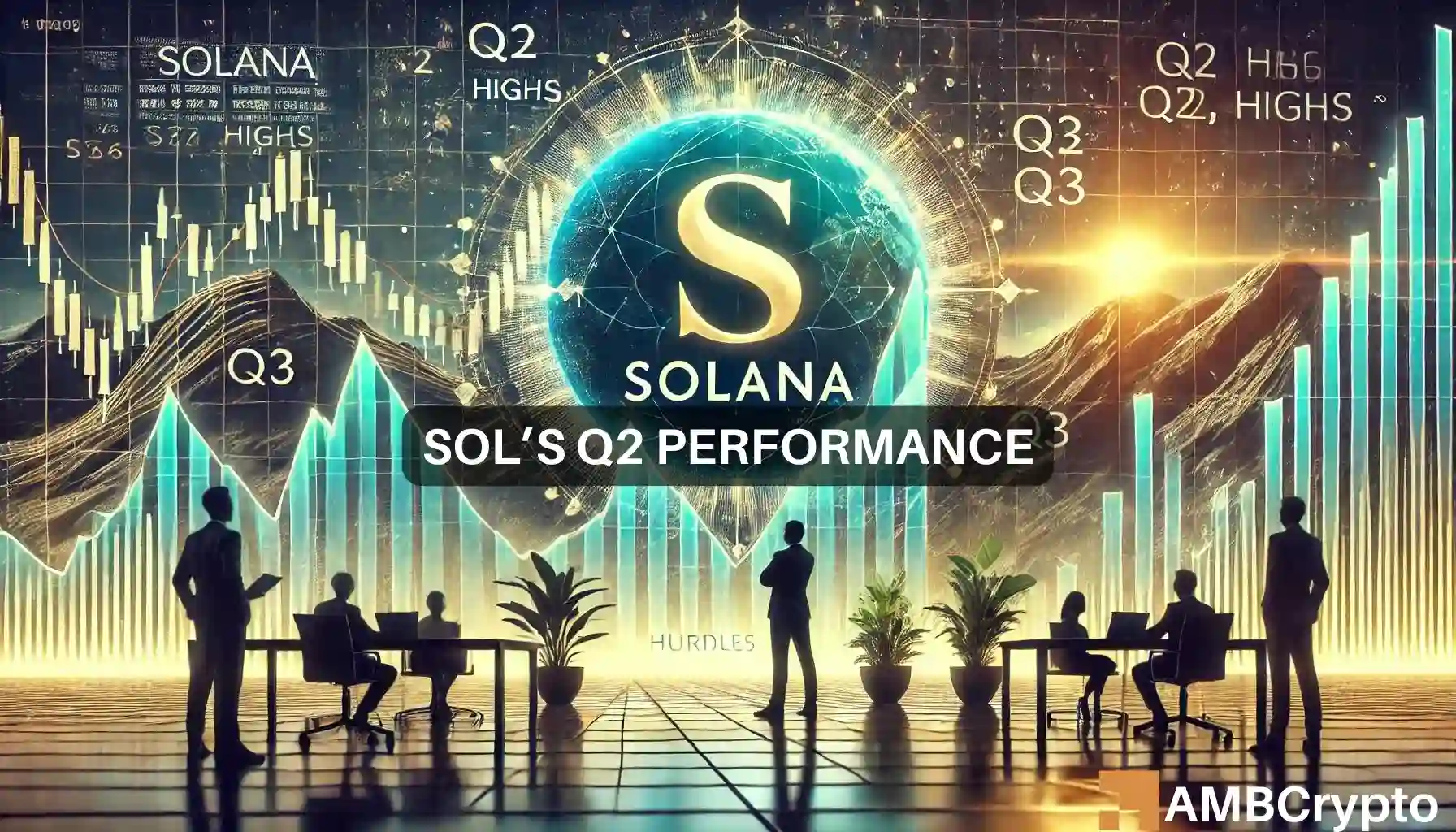US Judge rules that these altcoins are commodities like Bitcoin
A US court has ruled that two lesser-known cryptocurrencies, Olympus OHM, and KlimaDAO KLIMA, are commodities like Bitcoin. This decision emerged from a civil lawsuit filed by the Commodities Futures Trading Commission (CFTC) against Sam Ikkurty and his companies.
Also Read: Coinbase rides high on precedent in Binance-SEC ruling
According to a July 3 CFTC statement, Judge Mary Rowland of the US District Court for the Northern District of Illinois stated that the defendants violated the Commodity Exchange Act (CEA) and CFTC regulations by not registering their company and misappropriating investors’ funds.
OHM and KLIMA are commodities
Judge Rowland found that Ikkurty misrepresented his fund’s performance and did not disclose that it had decreased by 98.99% over a few months. Additionally, he operated a Ponzi-like scheme by raising funds for products supposedly backed by digital assets related to carbon offsets. Instead of obtaining the promised collateral, the defendants transferred most of the funds to earlier investors to cover losses.
Consequently, the Judge ordered Ikkurty to pay over $120 million—$83.7 million in restitution and $36.9 million in disgorgement—for operating the Ponzi-like scheme. Meanwhile, Judge Rowland’s view that OHM and KLIMA were commodities was a crucial part of the ruling that drew the crypto community’s attention.
CFTC stated:
“The order finds not only are Bitcoin and Ethereum commodities within the CFTC’s jurisdiction, but also ‘OHM and Klima, two non-Bitcoin virtual currencies … qualify as commodities,’ noting those virtual currencies fall into the same general class as Bitcoin, on which there is regulated futures trading.”
KLIMA is the governance token of KlimaDAO, a decentralized organization aiming to solve climate-finance coordination problems. OHM is the governance token of OlympusDAO, which seeks to create a community-owned decentralized reserve currency. Notably, both digital assets have lost 99% of their value during the past years.
CFTC and SEC’s long-standing battle over crypto
Judge Rowland’s decision highlights the regulatory uncertainty in the crypto industry, especially for altcoins. The Securities and Exchange Commission (SEC), led by Gary Gensler, insists that most cryptocurrencies, except Bitcoin, are securities and fall under its jurisdiction. This stance has led to legal actions against major crypto firms, including Coinbase, and the classification of altcoins like Solana as securities.
Also Read: Can altcoins gain ground as Bitcoin dominance weakens?
The CFTC, however, argues that most cryptocurrencies are commodities and under its authority. The regulator has also filed numerous legal actions against crypto firms like KuCoin, labeling some digital assets as commodities.
Market observers noted that these cases reflect the ongoing conflict between the SEC and CFTC about their roles in cryptocurrency oversight. Notably, most crypto stakeholders, including billionaire investor Mark Cuban, believe the CFTC is better equipped to oversee the emerging industry than its sister regulatory agency, which has adopted a stringent stance towards the sector.






